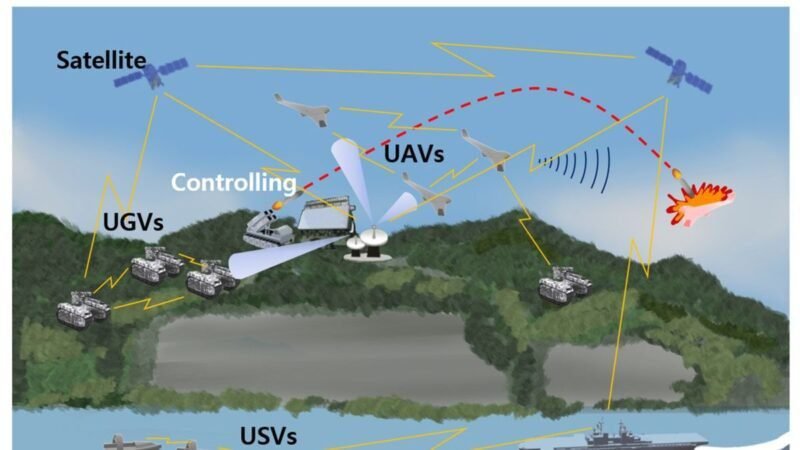The recent Offshore Support Journal Subsea Conference in London showcased the significant advancements in Unmanned Surface Vessels (USVs) and Autonomous Underwater Vehicles (AUVs). The conference highlighted the Remote Reach project led by Reach Subsea, which is set to become fully operational this year. The project involves the trial of two vessels in Norway, equipped with work-class Remotely Operated Vehicles (ROVs), marking a significant leap in maritime operations. The vessels will undergo sea trials in Norway, with five tests planned to enhance various facets of maritime operations, including seabed mapping and pipeline inspections. Kongsberg’s innovative technologies were also highlighted, providing seafarers with a 360° view of the sea and AI-driven hazard awareness.
The article also discusses the application of a modified backpropagation neural network (BPNN) to address challenges related to USVs’ dynamics. The experiment conducted in the Qinghuai River showed that the modified BPNN outperforms the conventional BPNN in ship trajectory forecasting and the rate of convergence, highlighting the potential of AI capabilities in maritime operations. Overall, the advancements in USVs and AUVs, as well as the integration of AI technologies, are shaping the future of maritime operations, leading to increased reliance on autonomous technology in the maritime sector.
Share it now







